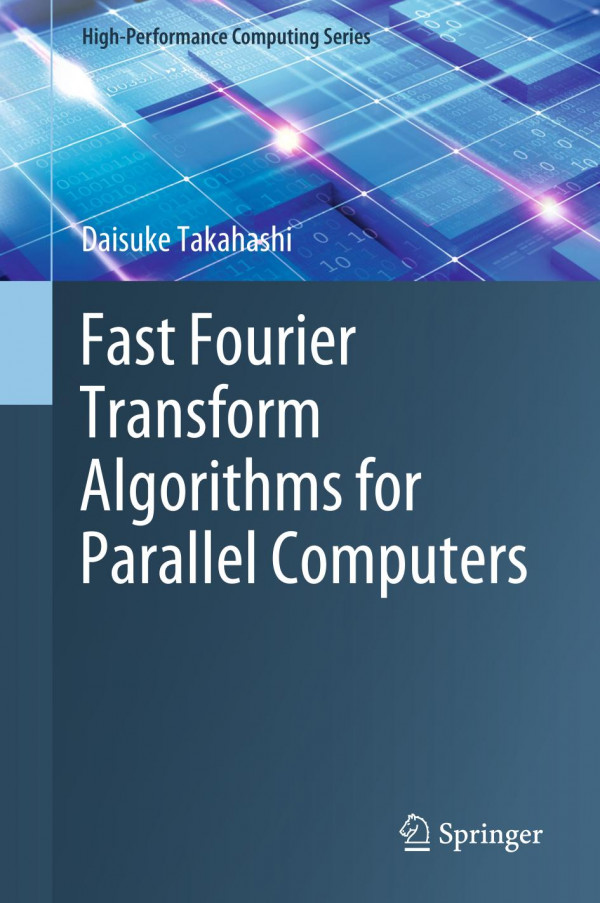

Most ebook files are in PDF format, so you can easily read them using various software such as Foxit Reader or directly on the Google Chrome browser.
Some ebook files are released by publishers in other formats such as .awz, .mobi, .epub, .fb2, etc. You may need to install specific software to read these formats on mobile/PC, such as Calibre.
Please read the tutorial at this link: https://ebookbell.com/faq
We offer FREE conversion to the popular formats you request; however, this may take some time. Therefore, right after payment, please email us, and we will try to provide the service as quickly as possible.
For some exceptional file formats or broken links (if any), please refrain from opening any disputes. Instead, email us first, and we will try to assist within a maximum of 6 hours.
EbookBell Team

5.0
20 reviewsFollowing an introduction to the basis of the fast Fourier transform (FFT), this book focuses on the implementation details on FFT for parallel computers. FFT is an efficient implementation of the discrete Fourier transform (DFT), and is widely used for many applications in engineering, science, and mathematics. Presenting many algorithms in pseudo-code and a complexity analysis, this book offers a valuable reference guide for graduate students, engineers, and scientists in the field who wish to apply FFT to large-scale problems.
Parallel computation is becoming indispensable in solving the large-scale problems increasingly arising in a wide range of applications. The performance of parallel supercomputers is steadily improving, and it is expected that a massively parallel system with hundreds of thousands of compute nodes equipped with multi-core processors and accelerators will be available in the near future. Accordingly, the book also provides up-to-date computational techniques relevant to the FFT in state-of-the-art parallel computers.
Following the introductory chapter, Chapter 2 introduces readers to the DFT and the basic idea of the FFT. Chapter 3 explains mixed-radix FFT algorithms, while Chapter 4 describes split-radix FFT algorithms. Chapter 5 explains multi-dimensional FFT algorithms, Chapter 6 presents high-performance FFT algorithms, and Chapter 7 addresses parallel FFT algorithms for shared-memory parallel computers. In closing, Chapter 8 describes parallel FFT algorithms for distributed-memory parallel computers.